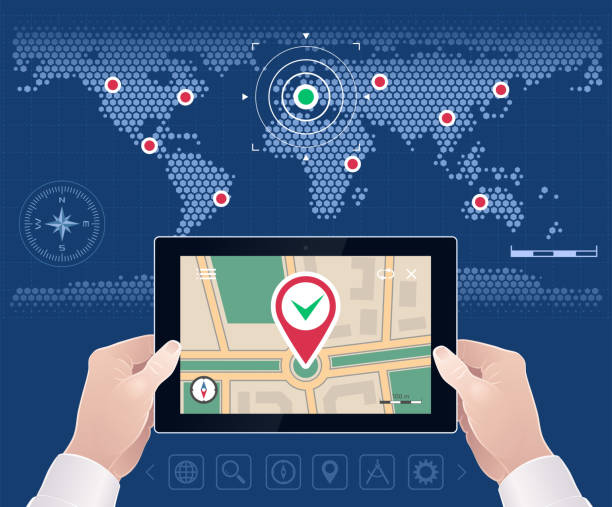The popularity of GPS trackers are on the rise and they have become an essential part of our lives. We all have different reasons to buy a tracker. Sometimes it is to ensure our kids are safe, sometimes it is to make our homes safer. We place trackers in our vehicles to monitor their location, and we take them with us while travelling to protect our luggage and assure help if we ever need it. Similarly, besides being a fancy way of tracking location, GPS trackers are also highly useful in reducing the running cost for businesses and making operations more efficient.
However, we don’t really know how they work, and what value they bring. This is precisely why it is difficult for most of us to differentiate between trackers. This lack of information can end up in us losing money rather than saving it. The features of trackers, their functionality, their build, etc. are all particular to the purpose. We should be able to identify and assess which tracker we need and what functions are most important to us while buying tracker(s).
In this article, we are going to look at some of the important functions and features of GPS tracker that make them suitable to specific requirements. These will help you filter your choices rather than buying one off-the-rack without knowing enough to make an informed decision.
GPS tracker for people.
While buying a tracker for personal use, you need to assess the context. Who are you planning to track; be it your child or the elderly at home while you are away, or if it’s someone close to you who is travelling alone in a remote or foreign place. Personal trackers must be battery-powered and need to have a considerable battery life as opposed to wired trackers which will have constant power supply. Similarly, personal trackers must be small enough to conceal and carry around without making too much noise. Some trackers also have dedicated SOS buttons that allow the person carrying the tracker to contact emergency services and primary contacts if they need urgent help. This is helpful when travelling alone or in remote areas, providing an added layer of security with a reliable personal GPS tracker, and helping to prevent kidnapping or such attempts. Other important functions that are not unique to the personal trackers include motion alert, geo-fencing, power-low notification, dependable connectivity even in remote areas etc.
GPS tracker for vehicles.
When it is for a car/bike/or something like that, we have the advantage of having a power source which can be utilised. Similarly, data and route history is essential when tracking a vehicle or a fleet of vehicles. Even though the general functions we mentioned above are also applicable to these, some unique features include over speed alert, ignition alarm, vibration alarm, etc. If you are placing the tracker underneath the vehicle or using it to track a boat/yacht, making sure it is waterproof is also necessary.
Pets, assets, and other functions.
We have generalised a little bit in this category but for good reason. Such trackers are required to be of minimal maintenance and maximum reliability. If you want to track a package, running out of battery after it’s been sent off is not an option. Similarly, audio alerts such as beeping noises may not be ideal if you are using it to track your pet when you are away as it can be startling. The important factor is to receive instant alters as soon as there is something worth looking over.
Then there is also the added factor of usability beyond these specific use cases. Try and experience the tracking application if possible. In emergencies, having a difficult user experience can be a hassle. Also, if you are using trackers for business, having previous data in easy-to-understand format is always helpful to gather insights. GPS trackers can definitely be profitable and will put your mind at ease if used wisely. What you should be mindful of is to ensure that the tracker and its features fit the purpose you have in mind. Once that is settled, you can easily compare usability, service, durability, signal strength, etc. to make a final choice.



